Two forces have often fought in the world: liberalism and conservatism. Conservatism seeks to preserve the unequal property rights, power structures, and hierarchies of the past world, often with cruel violence. Conservatism does not recognize the equal value of people and responsibility of people for the common good. Liberalism, on the other hand, has wanted to free humanity from the yoke of slavery, and create a democratic and free world. Liberalism has been promoted especially by activists and thinkers, scientists and artists, often at the cost of their lives. Liberalism is based above all on philosophy, the democracy born in ancient Greece and the enlightenment of the 18th century. Often also in the West, Christian movements have promoted equality and justice. Conservatism, on the other hand, is based on the kings, nobles and religions of the old world order. Conservatism and its oppression, slavery, wars and hierarchies have their roots in ancient Babylon and in other so-called early empires with an oppressive upper class and a suffering lower class. Before this, people lived in villages, usually as equals. It all started in the villages, I hope we will return to them (this is metaphorically, you will understand what I mean after reading this article). Socialism has often gone hand in hand with liberalism, which in modern times is often misunderstood in its meaning.

Socialism is a broad term that basically means a movement for social justice and equality, such as the labor movement, feminism, and the green movement. At first, socialism focused especially on the promotion of human rights, later other species and nature also joined. The emancipation of the slaves, the black civil rights movement, the women’s movement, Pride and the green movement are all on the same continuum. So, Karl Marx did not invent socialism, and in fact, neither did communism. He published the Manifesto for the Communist Party, commissioned by the German labor movement, in Europe’s ”crazy year” of 1848, when there were numerous revolutions. The labor movement had already been born at the end of the 18th century. It is a mistake to conflate socialism with communism. (although in the context of talking about socialism according to Marx’s definition, this is ok) According to the definition of the English Wikipedia, socialism is a spectrum of many ideas that strives for the greatest possible communal ownership of the factors of production, such as natural resources, forests, water and farmland. This is not the same as communism. There is socialism in which the market economy and private ownership are integrated into it, for example social democracy. Several countries have socialist ruling parties, such as England’s Labor and France’s Parti socialiste. The workers lived and worked for the needs of the growing industry in really miserable conditions with starvation wages globally. They replaced the slaves previously used in the global economy, brought especially from Africa to the American continent for the plantations on which capitalism was long based. Due to the poor conditions of the workers, even people’s life expectancy in Europe decreased a lot. It was understandable that the workers rose up in rebellion or to demand their rights, especially in Europe.
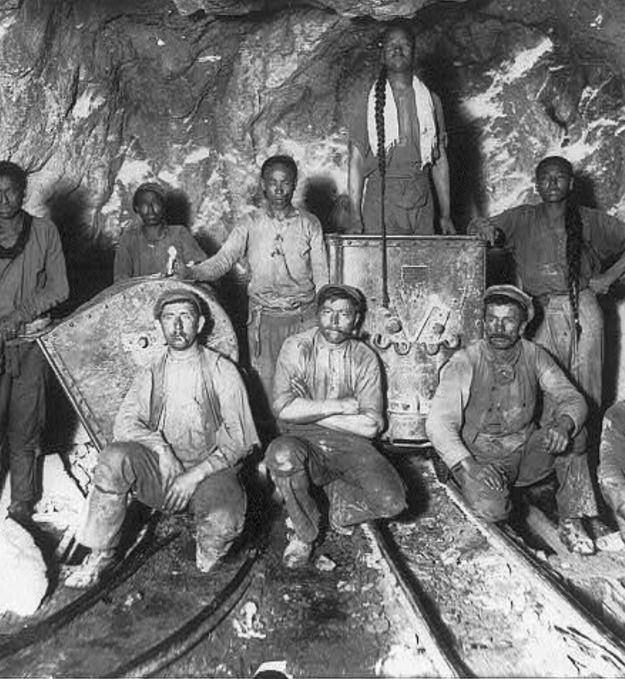
In fact, all European countries, especially the Nordic countries, today have both socialism and capitalism, modern states are a mixture of both: for example, there are minimum wages, workers’ rights, state-owned companies, the state and municipalities have a city planning monopoly, the land and nature are communally shared and belongs to all people, water is owned by the municipalities . The features of the welfare state are the result of long-term, centuries-long work and the socialist movement. Without socialism, there would be no minimum wages, maximum working hours or weekends off. Communism is one trend of socialism that has not worked. Communism threatened the existence of liberal democracy during the Cold War. In communist countries there were even more people than in the free West. The communism of the Soviet Union, China, etc. did not represent genuine socialism, in it the individual is no longer valuable, but an insignificant part of the nationalist, social machinery, which ultimately served the elite. The view of society as a machine and strong nationalism eventually led to World War II and the half-century Cold War. Communism is just another type of oppressive Babylon that resembles this first one. Socialism often gets a bad name today because it is confused with communism, as Marx equated the concepts. Crude capitalism and Soviet-style communism both see man as a mere part of a machine, a cog in society.
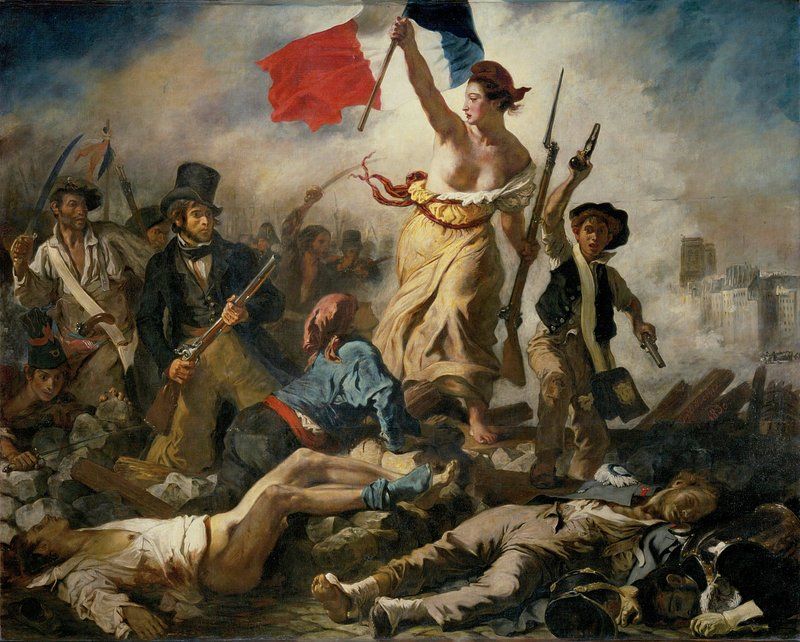
”Liberty, equality and fraternity!” The goals of socialism can be summed up in these words of the French Revolution. Already in the Middle Ages, there were trade guilds promoting workers’ rights, and the Athenian democracy in Ancient Greece can be considered a forerunner of socialism. The French Revolution that began in 1789 sought to promote the Enlightenment ideals of a liberal and egalitarian world dominated by democracy and science. Similarly, the independence of the United States in 1776 and its constitution was created based on the values of the Enlightenment. The Enlightenment began with 17th-century British philosophers such as John Locke and spread in pubs and, when they were banned, coffeehouses. Capitalism also originated in Britain, when several partners were needed to acquire plantations and merchant ships. In a way, this also contributed to the spreading of power, when before ownership was concentrated in even fewer, mainly nobles and clergy. The spread of power to the bourgeois thus increased democracy. However, a large part of the people still lived in poverty and hunger, and capitalism often oppressed the poor. In the 18th century, the Enlightenment flourished in France, with socialist thinkers such as Voltaire and Rousseau, and this eventually led to the Great French Revolution of 1789-1803. After Napoleon was in power for ten years, the series of oath subversions continued for decades like aftershocks well into the 19th century, directly linked to socialism and also to Marx. There were many atrocities, bloodshed and many excesses during the French Revolution. For a while, even a politician named Robespierre declared a dictatorship, eventually ending up in the guillotine himself. However, it can be said that without the French Revolution, there would be no democratic Europe today. The wave of socialism that started with the French Revolution swept through Europe, freeing it from the power of the nobility, clergy and bourgeoisie. At the beginning of the 20th century, Europe was already very democratic. It had taken a long fight, and the fight is still not over. Generation after generation has contributed to a better world, even at the cost of their lives. However, the world is still not ready. Martin Luther King stated: ”I have a dream.” First some dream of a better world, then some fight for it. And I’m not talking about armed struggle, but work for human rights, equality and freedom. Activism is often talked about. Activists are forerunners and pioneers of a better world.
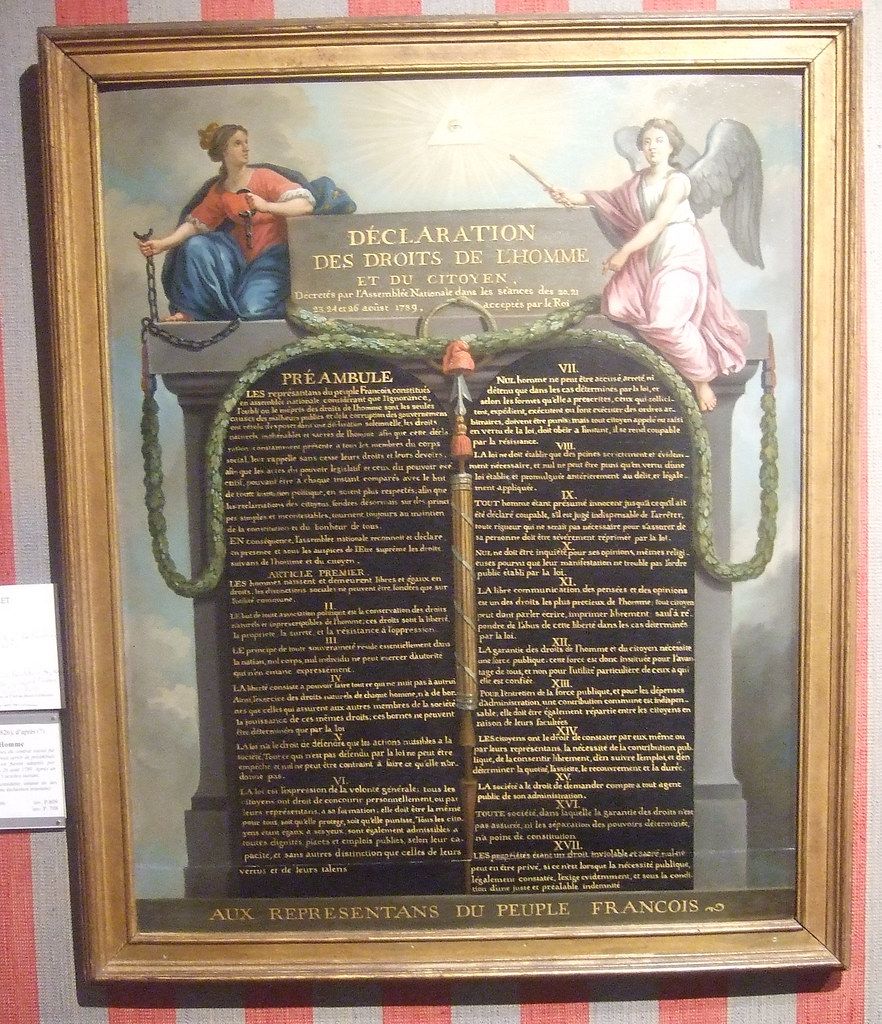
In the French Revolution, the 17-point Declaration of Human Rights was made for the first time, which declared e.g. freedom of speech, religion and opinion, equality before the law and everyone’s equal human dignity. This inspiration eventually led to the Universal Declaration of Human Rights in 1948 at the UN. The UN is one of the finest projects in world history, which rose from the ashes of World War II. The nationalism of the great powers, the colonial competition, the battle of ideas and the pursuit of world power, led to two world wars, after which a global world order based on rules, cooperation, democracy, equality and human rights was born. The competition changed to cooperation and the effort to create one unified world. The UN’s Universal Declaration of Human Rights was based on philosophical ethics and shared values of all humanity. In the center was an immeasurably valuable individual.
As early as 1798, the Prussian Enlightenment philosopher and advocate of universal morality Immanuel Kant published his work Eternal Peace. In it, he suggests that the whole world should unite and integrate under one global organization and government. In this way, wars and conflicts would end and the immense amount of resources that are now used for warfare would be directed to creativity and helping the poor. This was completely the model of the UN and well represented its operating principles. Common goals, rules and guidelines are agreed upon in the UN. UN agreements take precedence over national, often unjust, laws. The UN is now the largest provider of development aid and humanitarian aid. The UN promotes peace, democracy, freedom, human rights and fair trade on a global level. Now especially also nature conservation and climate work. The Paris Climate Agreement, the Montreal Biodiversity Agreement and the Agenda2030 global sustainable development goals are excellent and necessary institutions for the good future of the Earth, and they are all thanks to the UN. Agenda 2030 is the best action plan for the world. It sets out 17 global goals, including ending poverty and hunger, clean water, sanitation, education and healthcare for all, renewable clean, energy, peace work and protecting the nature and biodiversity of land and seas. Agenda2030 is based on the common and shared values of humanity and it is a continuation of the series of environmental and development conferences that started more than 50 years ago in Stockholm in 1972. Several environmental agreements were signed in Stockholm and the UN environmental program UNEP was established. In honor of this, World Environment Day is celebrated on June 5th.
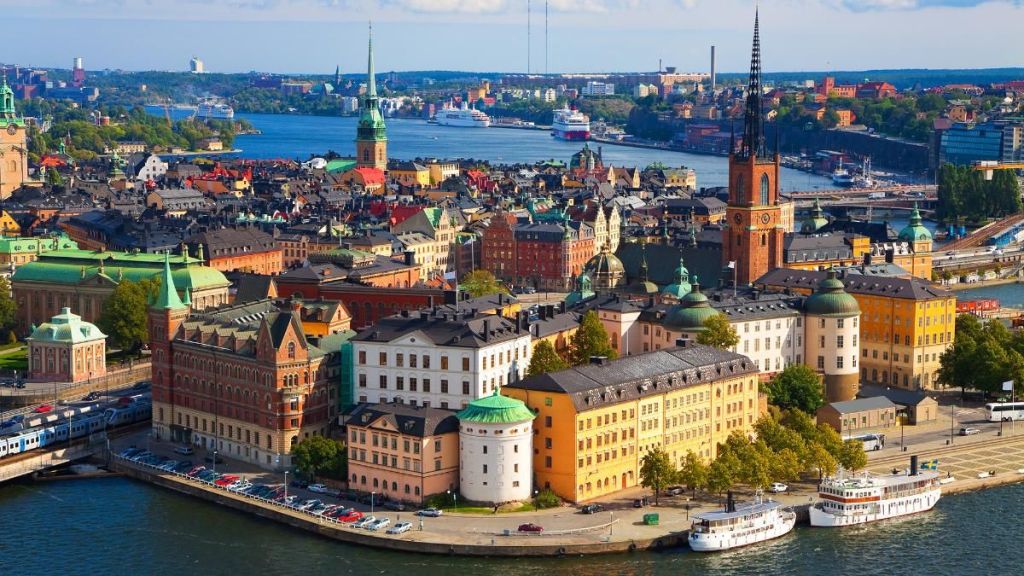
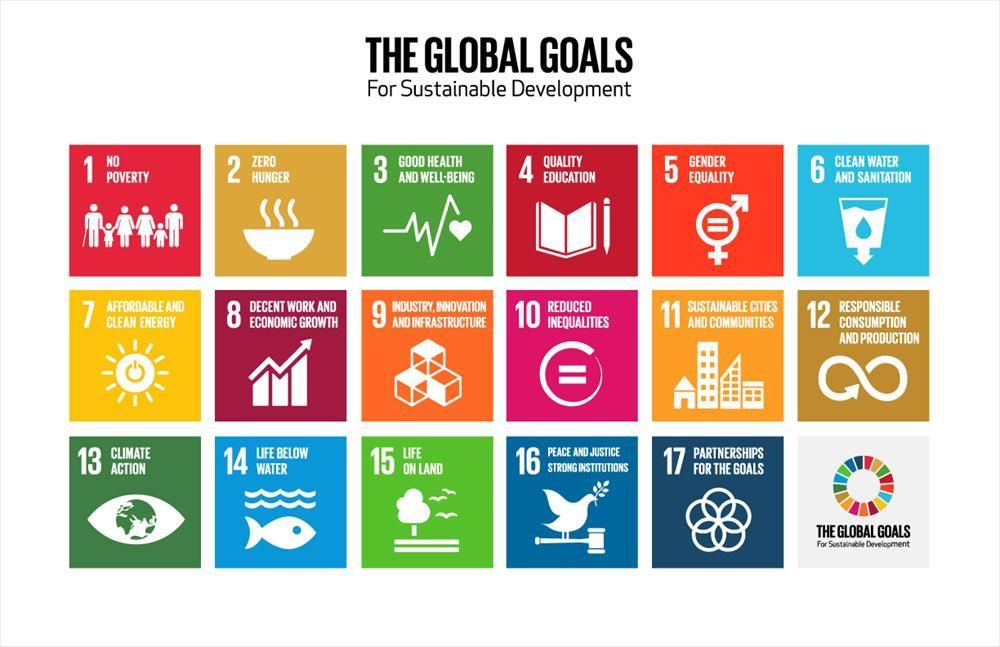
In conspiracy theories, even the UN is often seen as a frightening transnational actor. However, the structure of the UN is completely democratic, liberal, open and transparent. The structure of the UN does not allow for any kind of corrupt world government. Mainly in the UN, the problem is selfish countries and governments that pursue their own interests and the interests of dictators, that put a brake on common agreements and creating a better world. Globalism is not a threat, nationalism is. Nationalism already caused 2 world wars, do we want a third one before we learn? Nationalism isolates, divides and creates the basis for hatred, corruption and dictatorships. Globalization itself has problems, such as the power of multinational corporations, the oppression of the global south, and global environmental problems, such as the destruction of rainforests, loss of nature, and climate change. However, these problems can only be solved globally, with global cooperation, by sitting at international tables. Pollution knows no borders, the effects of conflicts are increasingly global. Large multinational companies can only be disciplined by global international legislation, corporate responsibility and common fair trade rules.
Humanity’s nature is not to isolate, but to unite. Empathy and love between people keeps human communities alive. Cooperation is the defining factor of humans as a species. Already in the early days, in the Stone Age, people sought each other’s company and founded common villages. This created permanence, resilience, cooperation, prosperity, security and solidarity. The villages had common rules that were for the common good of all the villagers and for the best of all. The same is true of the global village in which we live. Common rules are in the common interest and for the good of all. In the global village, everything affects everything at least somehow. A small conflict or environmental destruction somewhere in the world is reflected in the rest of the world. Everyone benefits from cooperation. Everyone has bad times and everyone needs help sometimes. And sometimes it’s time to help others. This will only be possible if we commit to global solidarity.
In Africa, the concept ”ubuntu” is known, it means cooperation, I am because you are. No one is isolated or alone in the world. Hand washes hand. A hand cannot wash itself, so it needs another hand to do it. We exist to help and care for each other. As a child, our mother and father took care of us, we received education and health care from society, we were even probably born with the help of a midwife in a government hospital. In the store, the seller sells us goods and food that someone has cultivated. The least we can do is appreciate this and give back in turn according to what we have received as our own and our abilities. The Ubuntu philosophy teaches us to share ours and serve each other in turn. The Ubuntu philosophy sees people as members of the same village and tribe, where we have a responsibility for ourselves. The human species originated in Africa, perhaps there would be many reasons to return to our roots
Daniel Elkama
Jätä kommentti